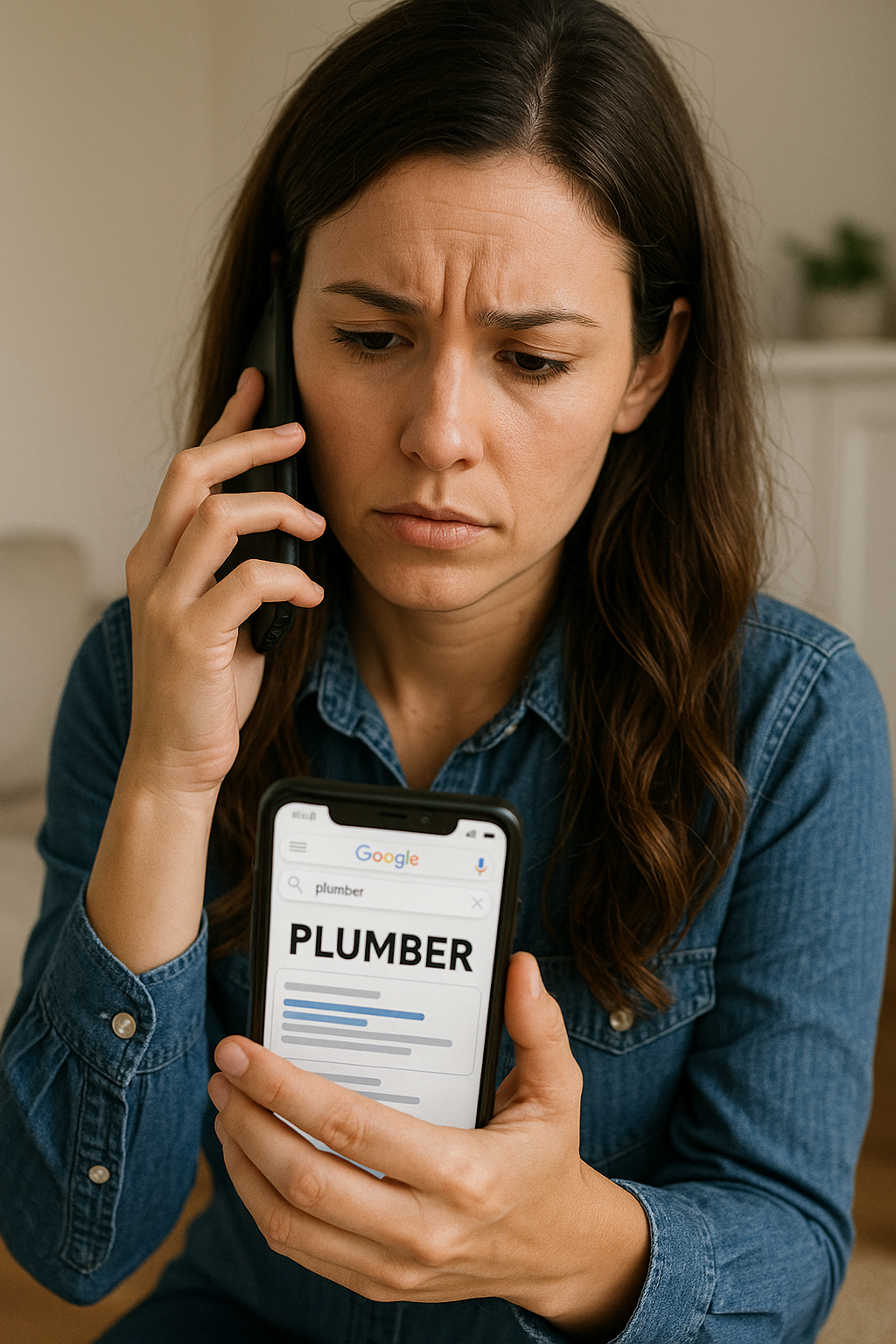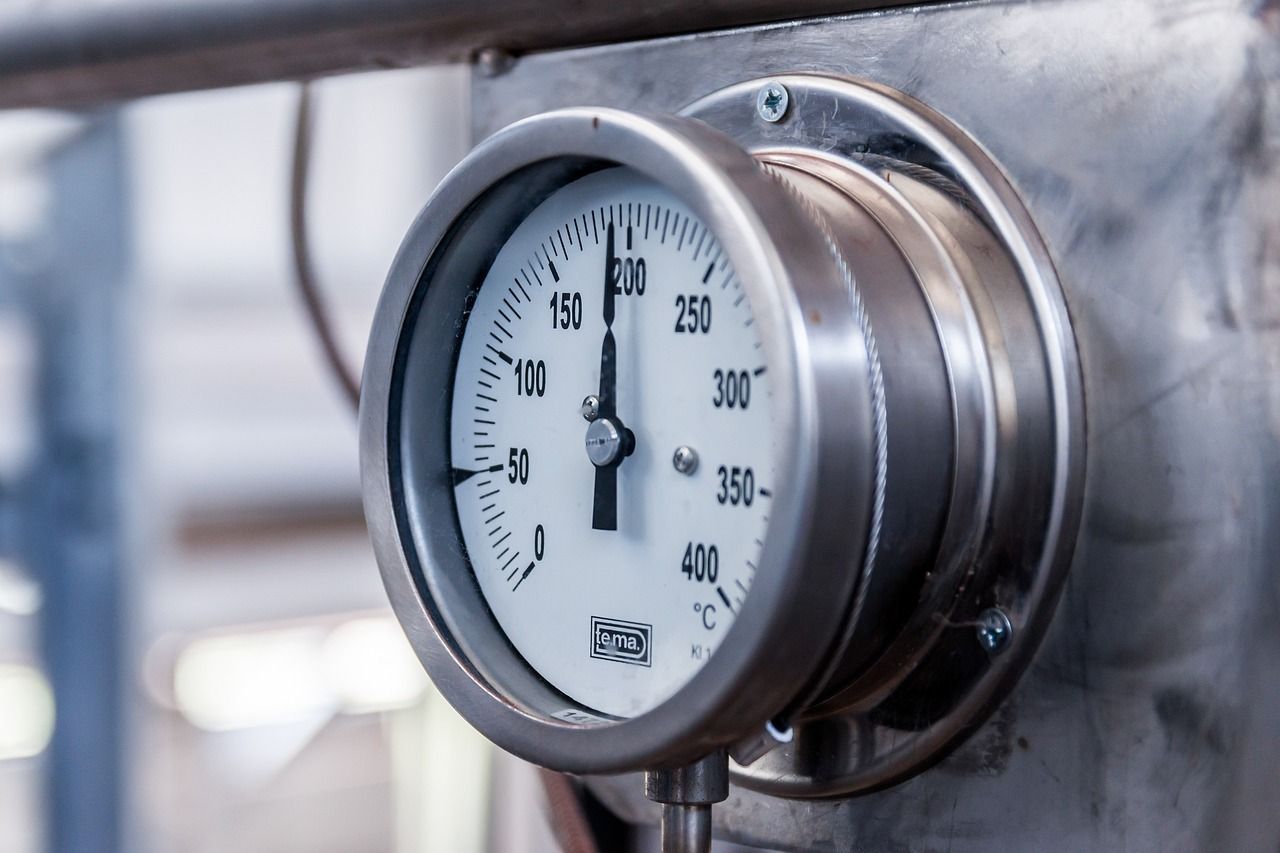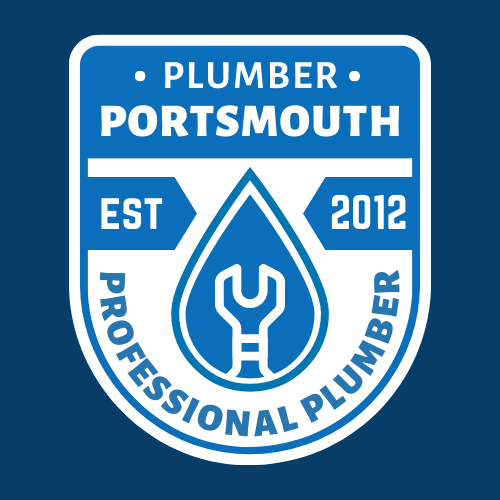How Do I Hire a Local Plumber? A Step-by-Step Guide
"I need a plumber—fast" is probably the first thing that comes to mind when you are facing a plumbing emergency such as burst pipe or your sink won't drain.

However, speed isn't the only consideration when choosing a local plumber. Finding someone trustworthy, knowledgeable, and helpful is the goal. Here's the clever way to do things.
1. Know What You Need
Start by identifying the nature of your plumbing issue. Is it an emergency, like a major leak or a blocked drain or sewer? Or is it simply a non-urgent task like installing a new tap, mixer or fixing a running toilet? Knowing what you need helps you find someone with the right specialisation and availability.
2. Ask for Recommendations
Word of mouth is one of the best ways to find a trustworthy plumber. Ask friends, family, neighbours, or co-workers if they’ve worked with someone they’d recommend. Bonus: you’ll often get honest feedback about the plumber’s punctuality, pricing, and professionalism.
3. Search Online (But Carefully)
Look up “local plumbers near me” or check platforms like Google Reviews, Yelp, or Angie’s List. Pay close attention to:
- Ratings and reviews
- Responses from the plumber or company
- How recent the reviews are
- Photos of past work, if available
Pro tip: Be wary of perfect 5-star ratings with very few reviews—it could be a red flag.
4. Check Licenses and Insurance
A professional plumber should be licensed (required in most states) and fully insured. This protects both you and the plumber in case of accidents or damages during the job. Ask to see credentials before work begins.
5. Ask the Right Questions
Before hiring, interview a few plumbers. Key questions include:
- Are you licensed and insured?
- How long have you been in business?
- Can you provide local references?
- Do you offer a warranty or guarantee?
- What’s your hourly rate or flat fee?
- Do you charge for travel time or emergency services?
Their answers—and how they answer—can tell you a lot about their professionalism.
6. Get Multiple Quotes
Don’t just go with the first plumber you talk to. Get at least two or three quotes for the job. This helps you understand the going rate in your area and spot any outliers. Be sure the quote includes:
- Labor
- Materials
- Any additional fees
- An estimate of how long the job will take
7. Read the Contract
Always get the scope of work and pricing in writing, especially for larger jobs. A proper contract protects both parties and sets clear expectations.
8. Look for Red Flags
Avoid plumbers who:
- Demand full payment upfront
- Refuse to show licenses or insurance
- Offer quotes that seem too good to be true
- Don’t provide written estimates
- Pressure you into making quick decisions
9. Build a Relationship
Once you’ve found a great plumber, save their contact info. A reliable plumber is a valuable resource for future home maintenance. Treat them with respect, and they’re likely to prioritize you next time.
Look Local
Hiring a local plumber doesn’t have to be stressful. With a bit of research and the right questions, you can find someone trustworthy, skilled, and fairly priced. Plumbing issues may be unpredictable, but your plumber doesn’t have to be.
Need help finding a licensed plumber in your area? Consider using Plumber Portsmouth for your plumbing needs
You might also like



